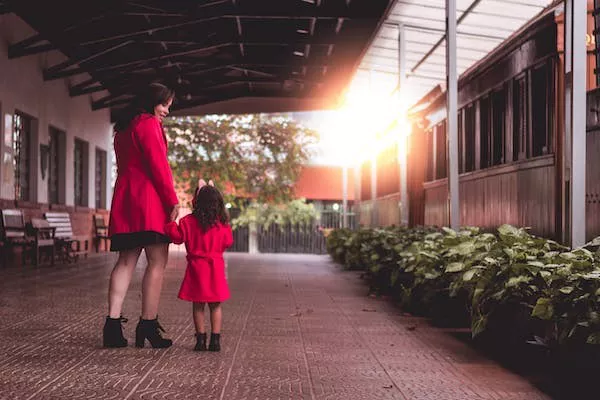In a remarkable tale of survival, a Syrian mother and her newborn baby have endured two rescues from the wreckage of their earthquake-damaged home within a week, according to a statement from a charitable organization.
Dima, who was seven months pregnant during last Monday’s earthquake, experienced the collapse of part of her residence in Jindayris. Though sustaining minor injuries, she later gave birth to a baby boy, Adnan, at a hospital in Afrin, supported by the Syrian American Medical Society (SAMS).
Despite their initial rescue, the family returned to their house, only for it to completely collapse three days later. Adnan was brought back to Afrin’s al-Shifa Hospital in critical condition, suffering from severe dehydration and jaundice, while Dima was treated for a serious lower limb injury.
Dr Abdulkarim Hussein al-Ibrahim, a pediatrician, reported on Monday that Adnan’s condition had significantly improved under medical care. Video footage released by SAMS depicted Adnan peacefully sleeping inside an incubator with medical support.
Having been discharged from the hospital once again, Dima, along with her husband Abdul Majid and their nine nieces and nephews, is currently residing in a tent. Despite the challenges, Dima continues to travel daily to Afrin to visit Adnan in the hospital.
The family’s return to their partially destroyed home was driven by the absence of alternative shelter options in Jindayris, one of the worst-hit towns in opposition-held north-western Syria. Unfortunately, like tens of thousands of others affected by the earthquake, they have not received additional aid.
Even prior to the earthquake, the region, the last stronghold of jihadists and rebels in the 12-year conflict against forces loyal to President Bashar al-Assad, was grappling with dire conditions. Air and artillery strikes on hospitals, primarily attributed to the government and its ally Russia, had left only half of them operational. Additionally, damaged roads and logistical issues have delayed the arrival of aid, hampering the efforts of organizations like the White Helmets operating in opposition-held areas.
Dr Ibrahim highlighted the acute shortage of essential medical supplies, beds, and blankets needed to treat the injured. With numerous health facilities damaged or partially functional, the UN reported that 55 health facilities in the region were affected.
Dr Basel Termanini, chairman of the SAMS Foundation, expressed concerns about the lack of shelter and access to water, sanitation, and hygiene services in earthquake-affected areas. He criticized the UN and the international community for inadequate planning and execution, emphasizing the urgent need for collaboration to prevent a major humanitarian crisis.
With more than 35,000 reported deaths in Syria and Turkey since the 7.8-magnitude earthquake, the UN has highlighted the immediate need for shelter for an estimated 280,000 people in north-western Syria. As the “rescue phase” concludes, UN aid chief Martin Griffiths emphasized the humanitarian phase’s urgency, calling for the provision of shelter, psychosocial care, food, schooling, and a sense of the future for those affected.


